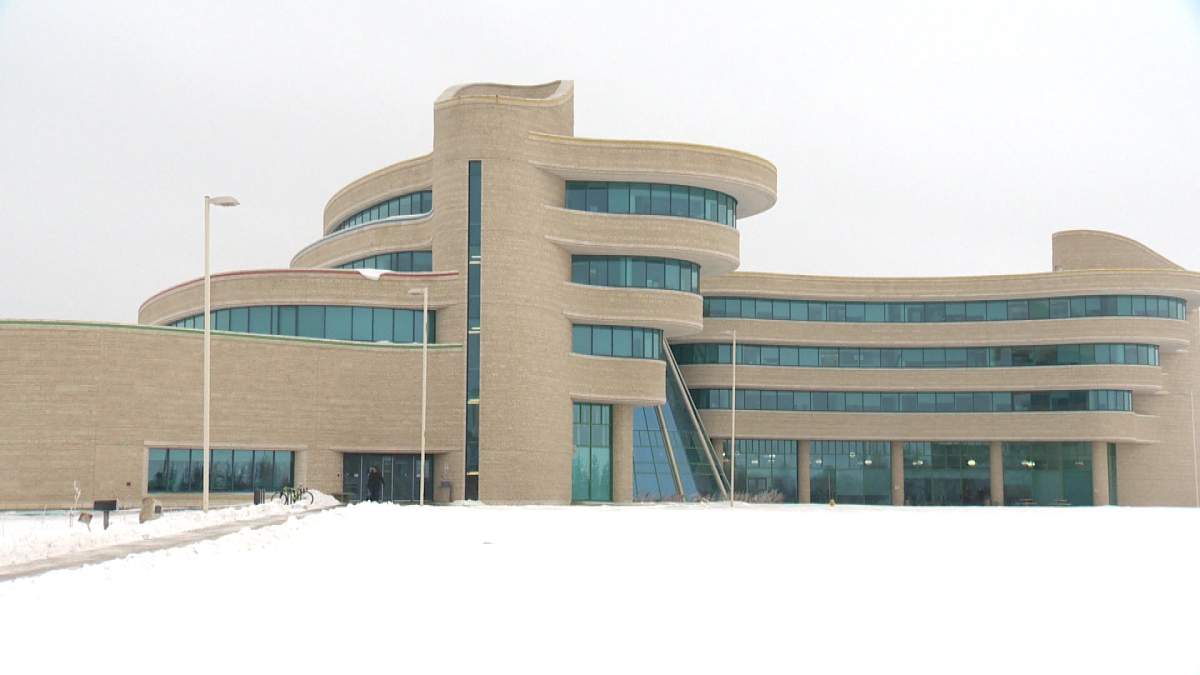Those who wish to learn their Indigenous languages and earn a degree can do so without leaving northern Saskatchewan.

The Saskatchewan government announced more than $100,000 in funding for the First Nations University of Canada (FNUniv) to deliver new programs that will allow students to study for a bachelor of Indigenous education in their home community.
According to a release, the financial contribution will fund the new Dene Teacher Education Program (DTEP) in Hatchet Lake Denesuline Nation and the Cree Teacher Education Program (CTEP) in Waterhen Lake First Nation.
“Creating more opportunities for Indigenous students to access post-secondary education, particularly those living in rural and remote areas, is a priority for the Government of Saskatchewan,” said Advanced Education Minister Gordon Wyant in a media release.

Get breaking National news
“Our government is proud to be a part of this partnership supporting the preservation and revitalization of Indigenous languages in the province.”
In 2023-24, 216 students enrolled in seven Indigenous Teacher Education Programs across northern Saskatchewan – that is a 40 per cent increase from the last academic year, according to a release.
“This is a great opportunity because we can take classes here in our community instead of leaving and be less stressed when we are here with our families,” stated Dene Teacher Education Program student Bernadette Besskkaystare.
“It is important that we keep our Denesuline language alive because there are many young people who cannot speak it. This teaching program will make a big difference in a few years for the community.”
These programs are in response to the Truth and Reconciliation Commission’s Call to Action No. 16.







Comments
Want to discuss? Please read our Commenting Policy first.